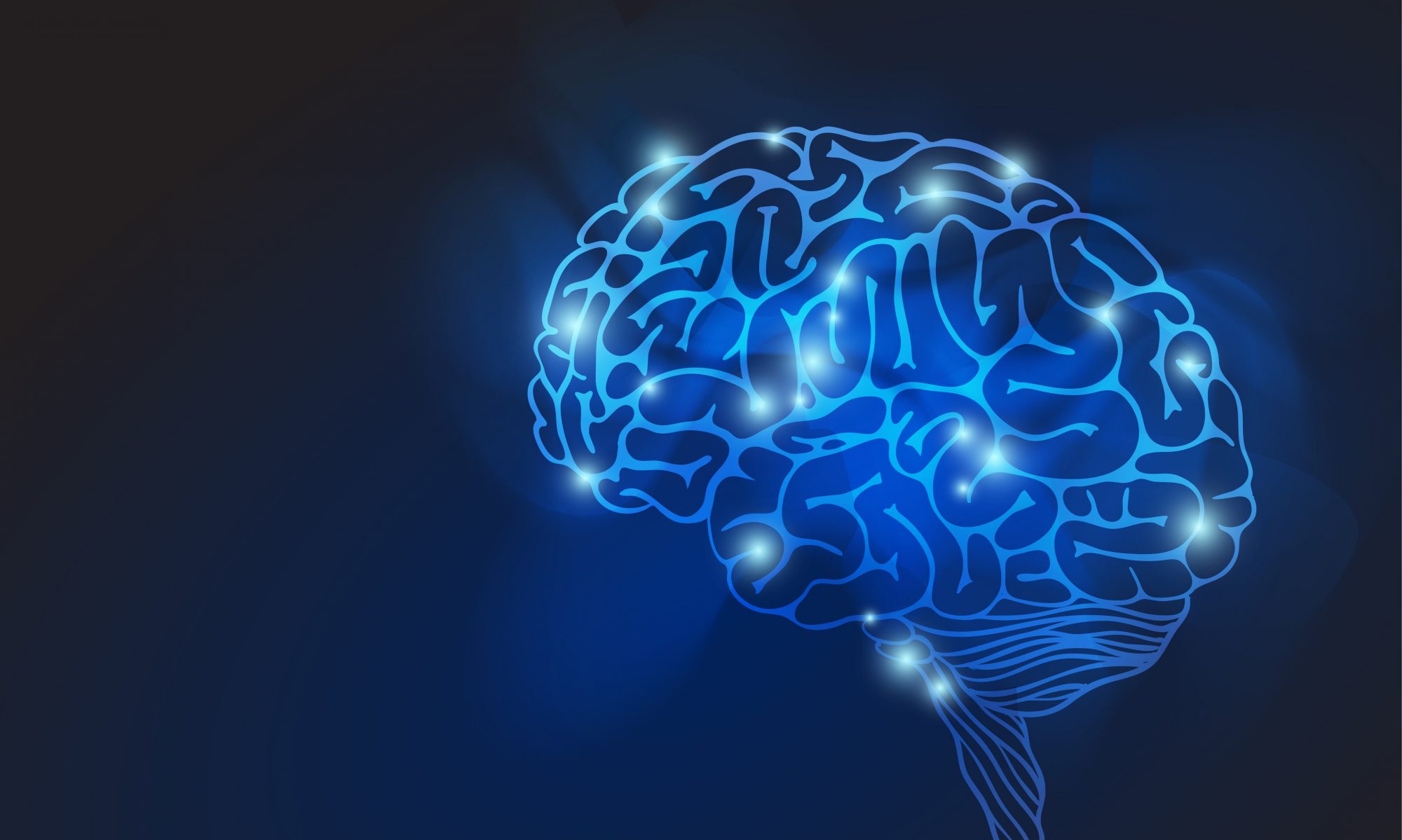Over the course of the semester, our trainees are reviewing webinars in their given fields and preparing abstracts to help colleagues outside their discipline make an informed choice about watching them. As our program bridges diverse disciplines, these abstracts are beneficial for our own group in helping one another gain key knowledge in each other’s fields. We are happy to share these here for anyone else who may find them helpful.
Independent Component Analysis & RL
Andrew Ng
April 17, 2020
Stanford CS229: Machine Learning (Autumn 2018)
 Analysis by Olawale Salaudeen:
Analysis by Olawale Salaudeen:
Independent Component Analysis (ICA) is a powerful method that is used in the process of some methods for denoising fMRI. However, ICA is a very general blind source separation method that is useful in many domains. The premise of ICA is to be able to take some observations and recover the independent source that generated the observations.
The canonical example is two speakers speaking into microphones, where the microphones pick up the voice of both speakers. ICA can recover the voice of each speaker separately from the microphone recordings. In fMRI, one can think of neural activity to be the voices and voxels, equivalent to pixels in an image, to be the microphones. Similarly, one can recover the distinct neural activities (in theory) that may have been combined into voxels.
This lecture discusses the ICA method clearly and in detail so that ICA is no longer just a black box to the listener. The speaker is giving a lecture to students, so the structure of the presentation is designed for education, which makes it a very useful resource. The speaker uses Reinforcement Learning (RL) as an application but keeps this part distinct from the general ICA discussion, so the viewer may choose to stop watching when it gets to that part.
It would be instructive for the viewer to think about problems in their research area that ICA may be able to help with. It could range from denoising or providing intuition for the sources of observations from experiments executed in non-full-controlled settings.

